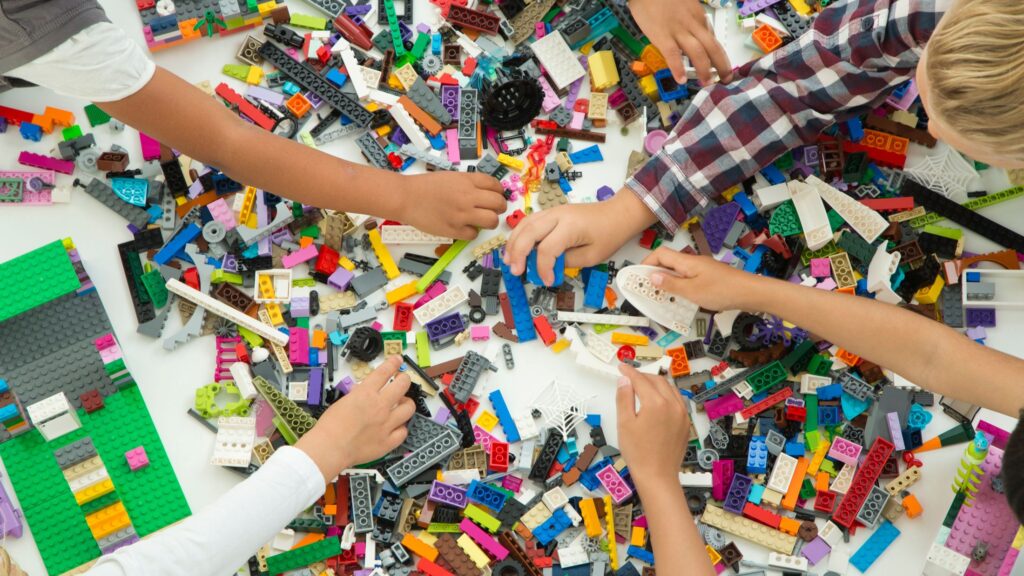Strengthen social and emotional skills
Prioritise and nurture social and emotional skills in young children and the adults in their lives.

Social and emotional skills are vital to a resilient, world-class workforce and the continued success of UK business. They have their foundations in early childhood.
Investing in early childhood is an investment in the health and happiness of children today, and the wellbeing, skills and productivity of our future workforce. This is becoming increasingly important as shifts in the expectations and requirements of employers increasingly emphasise the importance of social and emotional skills.
The first five years are a time of rapid physical, cognitive and social and emotional development. It is during early childhood that we lay the foundations for our social and emotional skills. These are two groups of interdependent skills that shape who we are, how we manage our emotions and thoughts, how we communicate and connect with others, and how we explore the world around us.
The Business Taskforce Report sets out the business case for prioritising these skills in young children and the adults in their lives.
“In less than 20 years, the toddlers of today will be entering the workforce.
How quickly might these young employees succeed if they entered workplaces that valued social and emotional skills? What new advancements might businesses make if employees arrived equipped with the resilience to learn new tasks and the acumen to contribute to a team?
As businesses prepare for their next 5, 10, or 20 years of work, investing in social and emotional skills might be the most strategic plan of all.”







